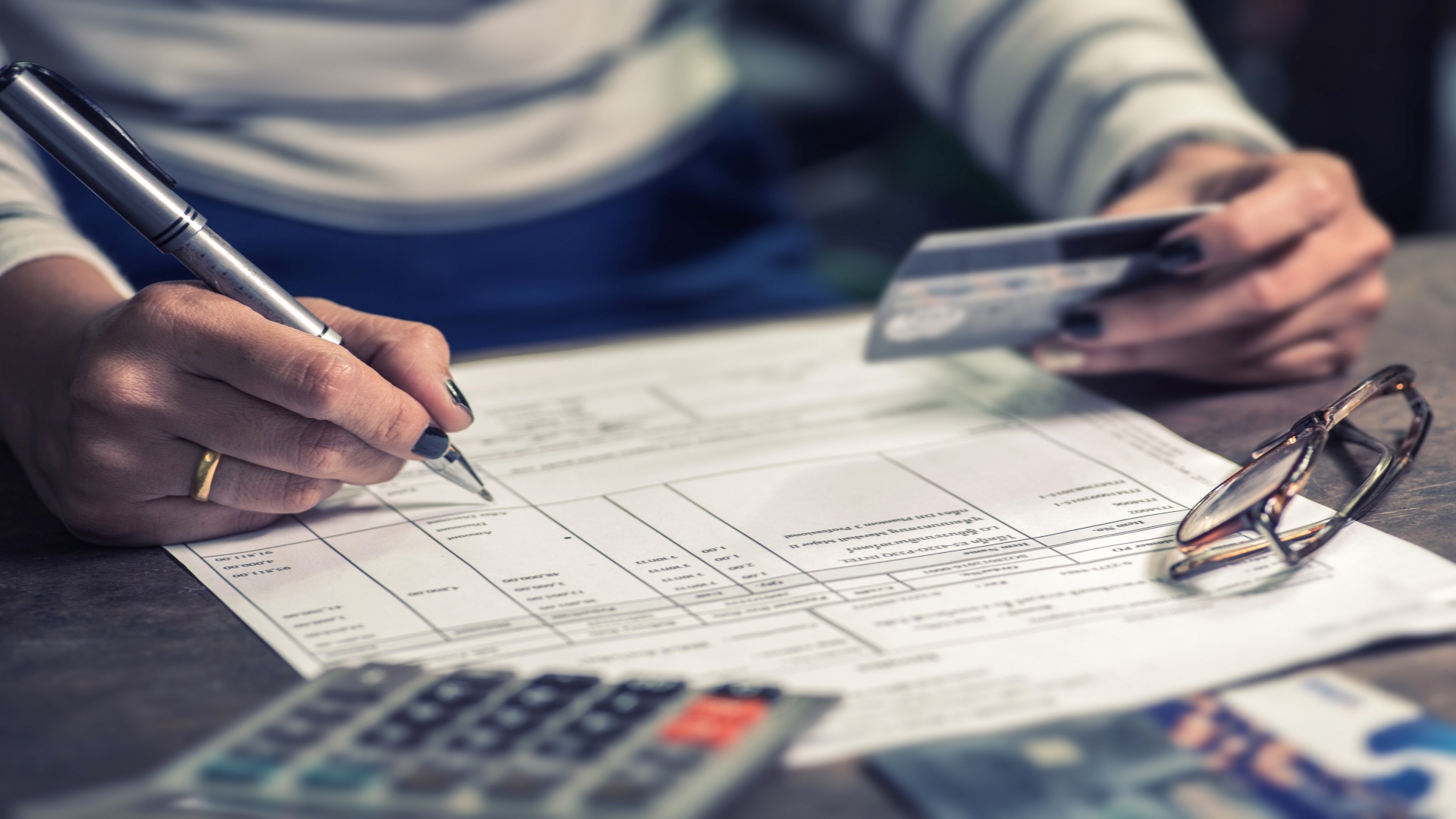Water is an essential resource for everyone. When it comes to businesses, water is vital for daily activities—from the water employees use for drinking and making tea, to flushing toilets, cleaning offices, and ensuring the surrounding landscape is green and flourishing.
As you might expect, commercial and industrial establishments will use more water than all households combined as they cater to their employees’ and clients’ needs, while also maintaining their offices. On average, office buildings consume 50 liters for each employee every day, and even more if it’s in a manufacturing industry.
According to waterfootprint.org, a business’s water footprint is the total amount of water used to produce goods or services. This includes water used throughout the supply chain process until it reaches end-users or consumers.
Unfortunately, water is becoming a scarce commodity for everyone. The Water Resources Group states that only 1% of freshwater is readily accessible for millions of people worldwide. They also foresee water shortages by as much as 40% worldwide by 2030.
Water shortage can greatly impact everyone in the future, so it’s about time we make water efficiency a business priority. But aside from being an earth-friendly endeavor, water efficiency can help also businesses save money in several ways:
1. By Reducing Water Bills
Businesses looking for ways to reduce operational costs can find potential savings in implementing water-saving strategies and technologies. One way you can make sites and offices water-efficient is by detecting and fixing leaks. Taking care of leaky faucets and pipes can reduce water bills by as much as 30%.
Also, businesses can install the following water-efficient devices:
- Spray taps, push-tops, or infrared controls to reduce water use by 50%
- Sensor-controlled or waterless urinals to decrease toilet water consumption by 70%
- Low-flush toilets that use as little as 6 liters per flush
- Rainwater collection devices such as water butt taps for watering plants
- Insulation for cold and hot water pipes and tanks
- Low-volume showers to limit water use by up to 50%
- Eco-labeled equipment for restaurants or canteens
Fixing leaks and installing water-efficient fixtures and equipment are practical ways to ensure your business is water-efficient. This can reduce overhead costs and translate to noticeable savings now and in the future.
2. By Increasing Your Tax Credits
Governments worldwide are encouraging businesses to take part in water conservation initiatives by providing them with grants, rebates, and tax credits to implement energy-efficient projects. Commercial buildings that will transform into green buildings can take advantage of tax deductions for using energy-efficient hot water systems. To give you a better idea, you can get credits of up to $1.80 per square foot in the US if you can reduce energy use by 50%.
Aside from energy-efficient technologies, tax benefits are also awarded to businesses that use water as renewable energy. They can avail of government rebates and grants when they install rainwater-harvesting systems, wastewater systems, water recycling and reuse systems, and desalination technologies. These innovations treat non-potable water so it can be reused for irrigation or wash-down applications.
Taking advantage of these incentives will lower business taxes. Simultaneously, it allows companies to obtain government backing for energy conservation and water efficiency efforts.
3. By Attracting Free Promotions
Your efforts to save water can also work to your advantage by giving your brand an eco-friendly image that most clients and consumers will likely support. Sustainable initiatives can also catch the attention of new investors, even without much advertising. There’s also a growing number of companies that advocate for water conservation and other movements that aim to protect and preserve the environment.
When your brand is eco-friendly, you’ll likely benefit from free advertising via ‘word-of-mouth’ because environmental advocates aim to get more people on board, and will often promote brands that support their advocacy, all for free.
4. By Influencing Future Business Decisions
Companies can transform water-related savings into long-term financial gains by instituting water efficiency measures as part of their business practice. As more value is placed on water and its importance to daily operations, you’ll be better equipped to make business decisions about its use and disposal. This may also compel you to become resourceful in water sourcing and conservation to mitigate risks and ensure water shortage resilience.
Business owners shouldn’t only plan on current cost-cutting measures, but also seek to translate them into sustainable investments.
5. By Reducing Impact On Water Consumption Rates
With increasing demand and looming scarcity, water rates will surely increase in the future. This can pose additional expenses to businesses, especially those who utilize water as part of their manufacturing process. It may even result in the government having to set water consumption limits for commercial or industrial processes in favor of household or agricultural use. Ongoing conservation efforts can ensure water is continuously available, and that consumption rates remain stable so businesses can continue to utilize water for their future operations.
6. By Reducing Dependence On Freshwater
Water efficiency has long-term benefits for the business and the environment. Apart from reducing your business’ carbon footprint, it also helps make freshwater more available for the future.
Reducing dependence on freshwater also compels businesses to seek alternative water sources through water recycling. In the food industry, water is reused for cooling towers and boilers, washing plant machinery, flushing toilets, cleaning floors, and washing vehicles.
Apart from reducing dependence on freshwater, recycling water also increases water savings and can reduce wastewater fees. Furthermore, it can serve as an opportunity for businesses to expand their services and cater to the environmentally-conscious consumers’ water requirements.
Conclusion
There are many ways water efficiency can help businesses save money. Properly installed fixtures can reduce overhead costs, while using energy-efficient technologies and implementing measures to save more water will turn you into an eco-friendly company, and earn the trust of water conservation advocates who may promote your brand for free.
No matter what type of business you’re running, water efficiency offers benefits that will help you endure even when water shortage becomes an inevitable issue.











